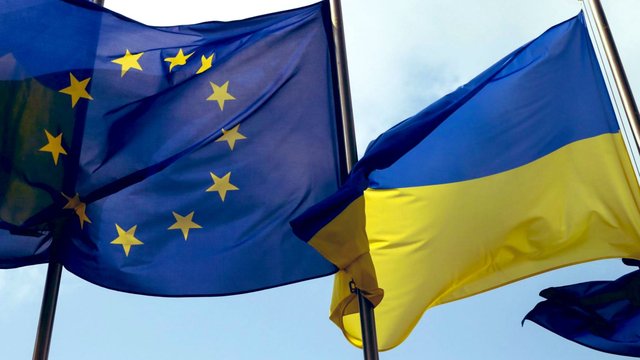Ukraine and EU officially start accession negotiations

An intergovernmental conference has begun in Luxembourg for Ukraine and the European Union to start negotiations on Kyiv's membership in the EU.
The Ukrainian delegation is headed by Deputy Prime Minister for European and Euro-Atlantic Integration Olha Stefanishyna. The European delegation is headed by Belgian Minister of Foreign Affairs Hadja Lahbib.
Previously, it was planned that after the intergovernmental conference with Ukraine, a conference with Moldova would start at 18:00 (19:00 Kyiv time).
In the EU enlargement policy, the intergovernmental conference (IGC) is a format of formal negotiations between the candidate country and the governments of the EU member states with the aim of discussing and agreeing on the provisions of the future Treaty of Accession of the candidate country to the European Union, the frequency of which depends on the dynamics of the negotiation process and the candidate country's progress towards achieving membership criteria. The negotiation framework is approved before their beginning. Thus, for Ukraine and Moldova, the negotiating framework was approved on June 21, and the direct political decision to start negotiations was made by EU leaders at a meeting of the European Council in December last year.
After the official start of negotiations, Ukraine and the European Commission will continue to screen Ukrainian legislation for compliance with European legislation. Based on the results of the screening, the European Commission will present a report on the state of compliance of Ukrainian legislation with EU law for each negotiation section.
Negotiations will be conducted according to negotiation chapters. According to the EU enlargement methodology there are 35 chapters. Candidate countries must adapt their administrative and institutional infrastructure and bring national legislation in line with EU legislation in these areas. According to the new enlargement methodology, 33 chapters are combined into six clusters, with the Fundamentals cluster opening first and closing last. That is why Ukraine's progress in the field of the rule of law, transparency and accountability of government bodies and procedures, and anti-corruption policy will have a decisive impact on the speed of movement towards membership.
A monitoring procedure is in place to assess the progress of candidate countries in meeting their obligations. Monitoring is carried out by the European Commission during accession negotiations and during the interim period after the conclusion of the accession treaty with the EU itself.










